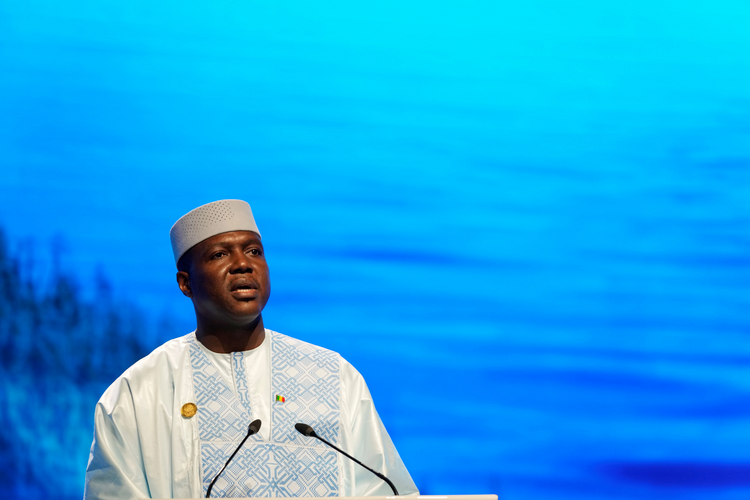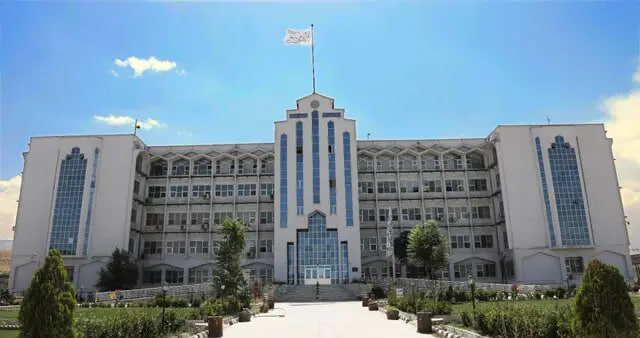



The Taliban's ban on political party activities in Afghanistan has been met with criticism, as a similar ban in Mali also faces backlash. The Ministry of Justice of the Taliban regime issued a statement declaring any activity under the name of a political party illegal, with registered parties having their activities terminated. Social organizations from the previous government's tenure have also had their activities suspended. However, charitable funds and associations are allowed to operate with official licensing and adherence to Ministry of Justice principles. Violators face legal and Sharia-based action. Abdul Hakim Sharai, the Taliban's Acting Minister of Justice, emphasized that there is no room for political parties in their regime [f7ebaef2] [2c95c626].
In Mali, the transitional government has faced criticism for suspending all political party activities and forbidding media coverage. The suspension, decreed by the council of ministers, was issued on April 10, 2024, and directed all media to stop broadcasting and publishing the activities of political parties and associations. The suspension was in response to a call by more than 80 political parties and associations for a return to constitutional order and holding presidential elections. The military junta, which seized power in May 2021, had previously delayed the elections scheduled for March 26. The suspension has been criticized by Human Rights Watch and other organizations for undermining fundamental freedoms and shrinking the country's civic space. The junta has also targeted dissent, political opposition, and civil society groups, leading to the dissolution of several organizations. The decision to suspend political parties is seen as part of the junta's crackdown on peaceful opposition and dissent. The authorities have been urged to lift the suspension and uphold fundamental rights and freedoms [1f324b54] [de000b8f].